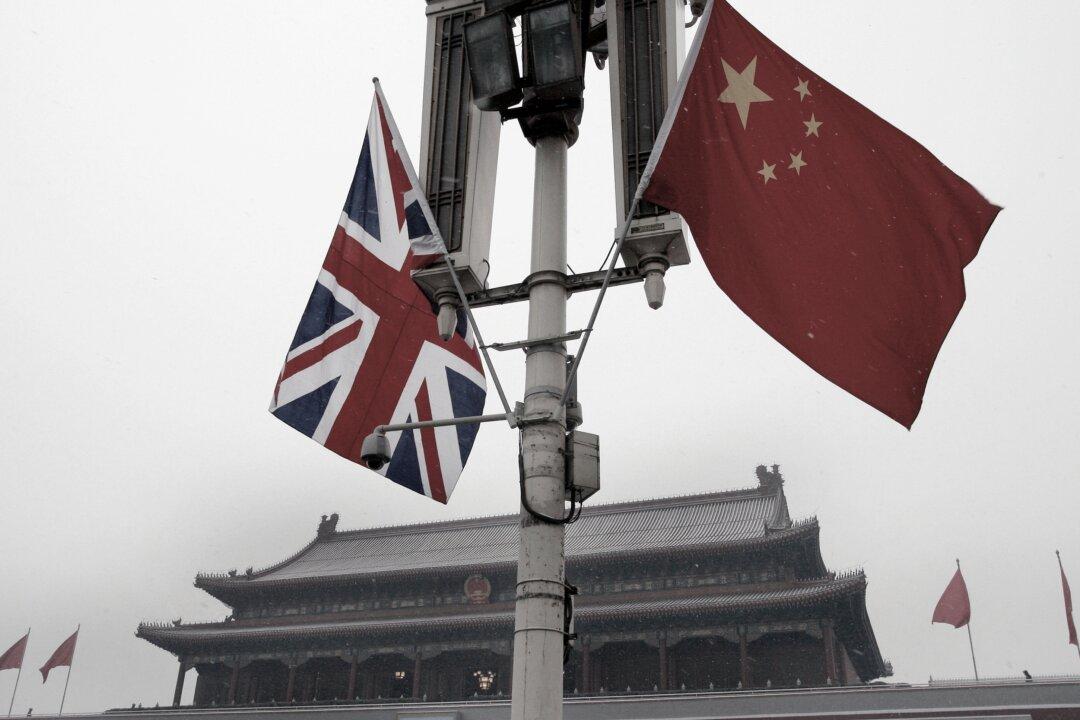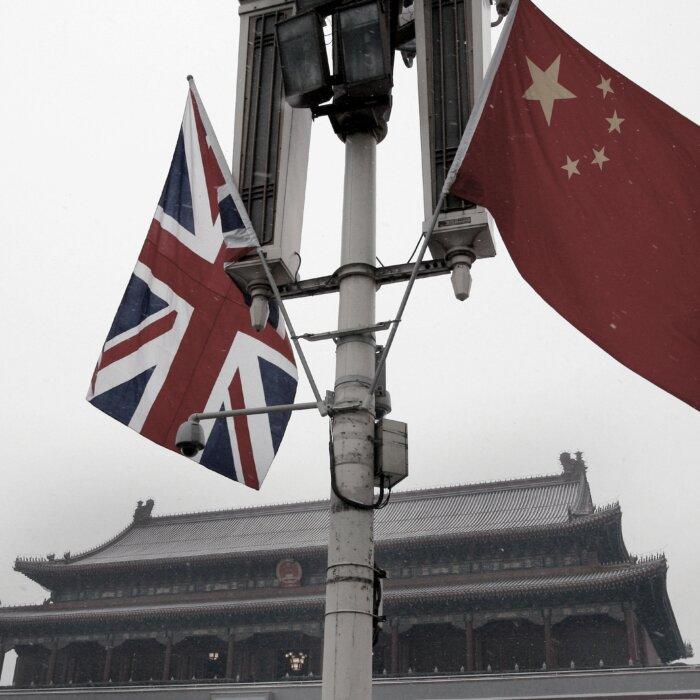Evidence suggests British national Ian Stones was secretly held in a facility managed by China’s spy agency before he was moved to regular detention and sentenced over an espionage charge, according to human rights NGO Safeguard Defenders (SD).
According to the report, Mr. Stones’s daughter Laura Stones said neither the family nor British Embassy staff had been allowed to see any related legal documents, and there has been “no confession to the alleged crime.”
SD said three pieces of information suggest Mr. Stones was “almost certainly” held at a Residential Surveillance at a Designated Location (RSDL) facility in Beijing that is used by the Ministry of State Security (MSS), likely for six months.
SD’s Director Peter Dahlin has previously been held in the same two-winged four-story facility at the Dahongmen Detention Centre, which the NGO said can hold eight people at the same time.
“Six months is the legal limit placed on RSDL detention under Chinese law (though often violated). Later, when Stones was in regular detention, his family and the embassy were given (sporadic) access,” it went on.
The second piece of evidence is that Mr. Stone was transferred to a regular pre-trial detention facility next door shortly after former Canadian diplomat and International Crisis Group adviser Michael Kovrig was transferred there from the RSDL facility, SD said.
The report quoted Mr. Kovrig: “He was transferred to the detention center right after me, but in [sic] we were held in separate cells and never had an opportunity to interact.
“I learned of his existence because I once received his English books by mistake,” Mr. Kovrig said.
SD said Mr. Kovrig had also heard about Mr. Stones from one of his later cellmates, who had previously shared a cell with Mr. Stones.
Thirdly, Mr. Stones, who has been sentenced for five years, would have been released by now had he not been placed into RSDL, SD said, because only half of the time spent under RSDL can be deducted from a prison term.
“Hence, without RSDL, he could not (legally) still be in prison,” the report said.
Under Chinese law, suspects can be put under RSDL for up to six months, and the family is supposed be notified within 24 hours.
Apart from regular suspects, the practice has been used against prisoners of conscience. The United Nations High Commissioner for Refugees has described it as “enforced disappearance.”
SD said if Mr. Stones was indeed held at the MSS facility, his would be the ninth case of MSS placing people accused of national security-related crimes into that facility that the NGO is aware of, and the fifth foreign citizen placed there.
“Based on Kovrig’s statement, it is now also known that the general detention facility at this location (not the RSDL facility itself) also held Australian journalist Cheng Lei, two other Canadian citizens, later espionage convicted Japanese man Hideji Suzuki, and one other Japanese citizen. Kovrig confirms that Suzuki was also in the RSDL facility earlier,” the report says.
The Foreign, Commonwealth and Development Office didn’t respond to a request for comment.







